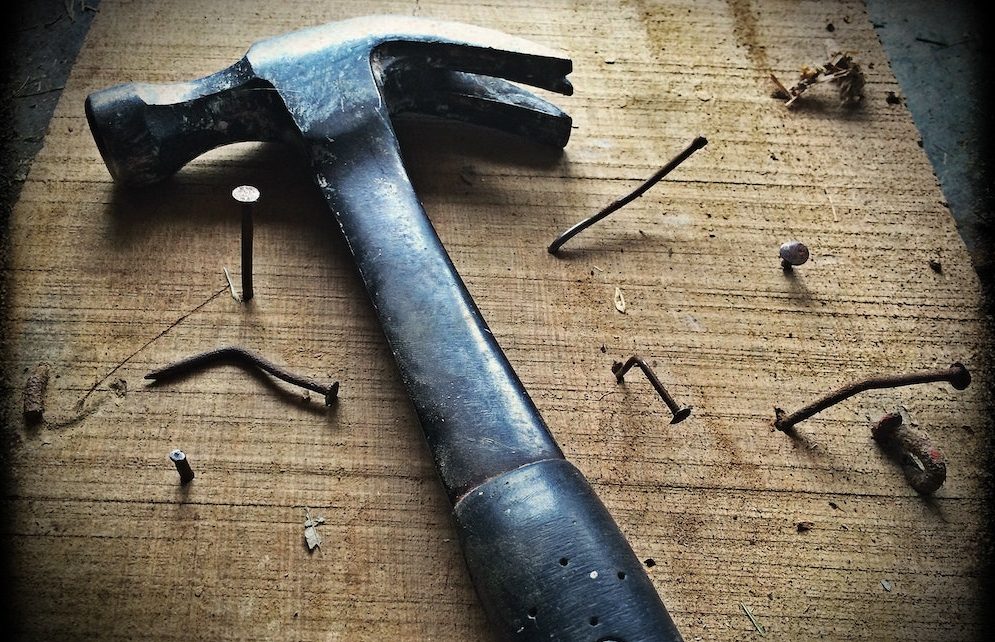Who are you? Why should anybody trust you?
This is where the personal brand comes in. But before you begin your quest to building your personal brand, take a moment to think about these two words, “personal” and “brand.”
When something is deeply personal, it communicates itself in the form of art or a story. A brand is merely how well you package and sell this story to your users. “Personal” is very much an internal process whereas “brand” is more concerned with the external factors.
A mistake most people often make is spending a ton of time on the branding side of things. They do the talk, rigorously promote themselves, growth hack their ways to build the status of credibility only to end up with a nice, shiny “brand” with no real substance. It looks professional but doesn’t connect the way you’d like it to.
This can’t be your personal brand.
What Is Your Personal Brand?
Your personal brand is how to tell your story.
Before you start to promote yourself, take some time to dig deep and understand what you believe in, how your life experience has shaped you, what your values are, and how important your work is to you.
Once you have that understanding, you then start promoting these values. Your personal brand is the image that people see of you. It’s a unique combination of skills, experience, and personality that you want the world to see. It’s you telling your story.
Your personal brand is what helps you differentiate yourself from other people. In the pre-internet days, your personal brand was just your business card. Today, it’s your website, your social media channels, your newsletter, your overall online communication.
Building a personal brand is crucial if you want to be seen as an expert, and if you want to progress in your field.
 As you get ready to build your personal brand, consider using the following tools to boost your results:
As you get ready to build your personal brand, consider using the following tools to boost your results:
Tools to Build a Stellar Personal Brand
1. Ditch the Act
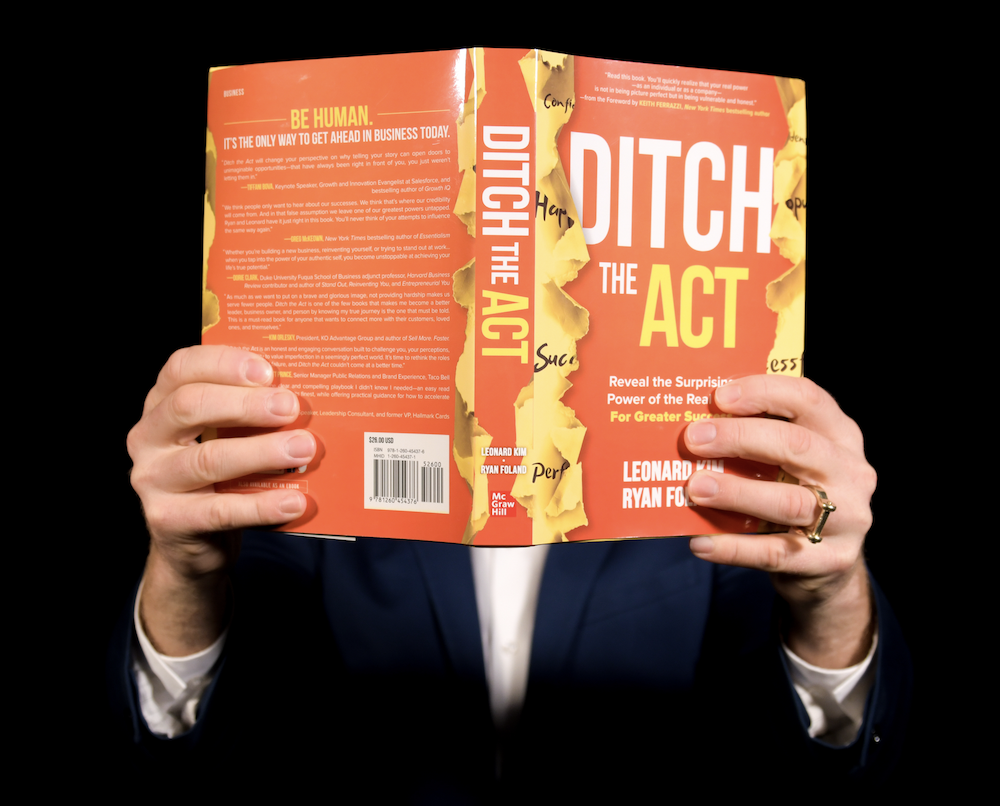
If you’re confused about how and where to start then I suggest you take a breather and turn to helpful resources. Ditch The Act is a complete guide that explains the concepts behind building an authentic and intentional personal brand, teaching you the tips and tricks to build your brand based on who you are (not some idealized version you think you should be). Grab a copy next time you are in Barnes and Noble, or get Amazon to deliver it to you.
2. A .ONLINE Domain Name
Before you build your website, you’ll need a domain name. That’s the first step, and often it’s the first step that sets the tone of your entire journey. Take every opportunity as a brand-building activity. Showcase your exclusivity and distinctiveness with a unique domain name on a .ONLINE domain extension. Then, you can put your easy-to-remember domain on your social media background images and can integrate it with bit.ly to make custom branded links.
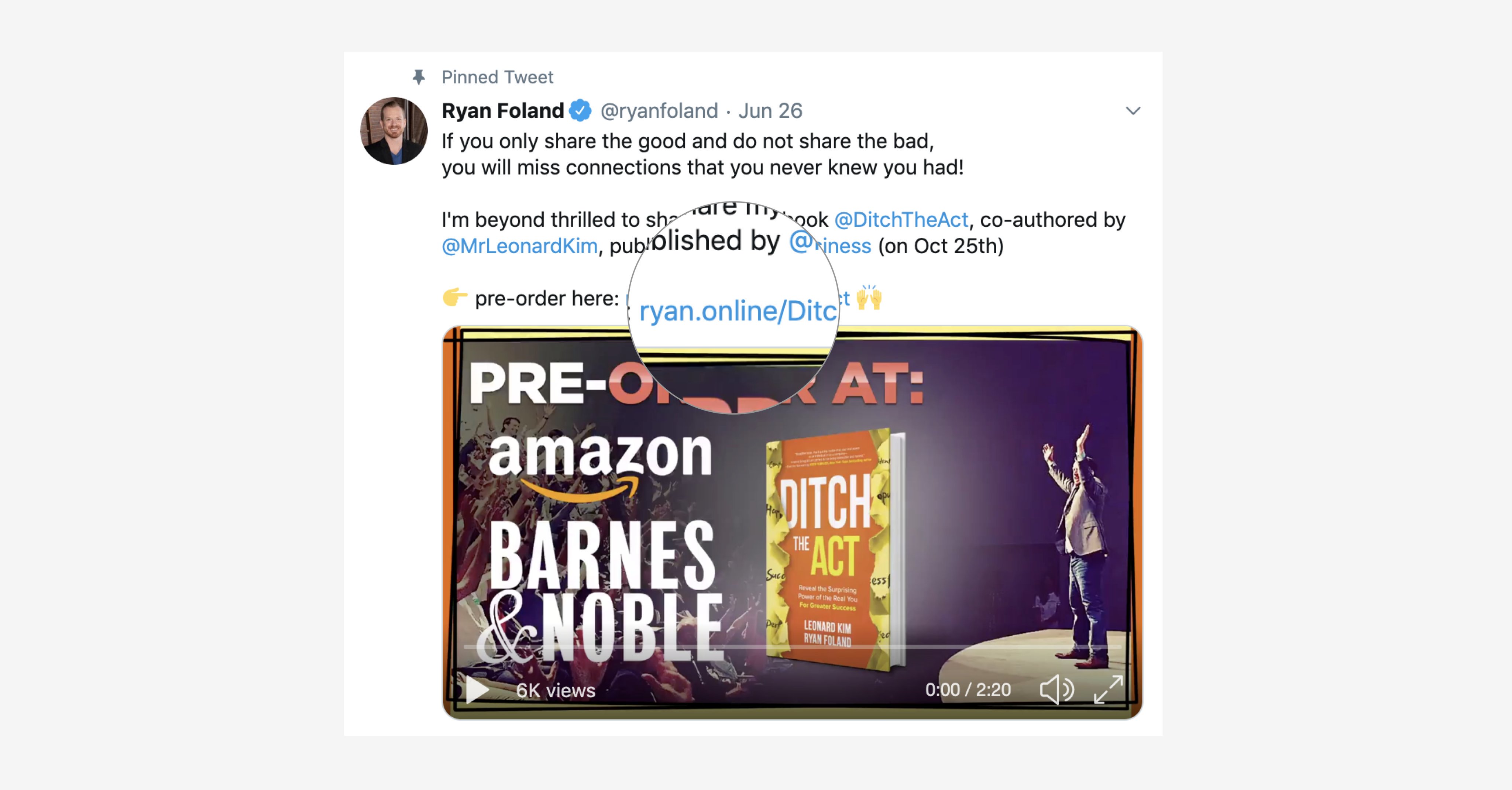
Imagine this – www.(your name).online. It communicates that you are online and immediately puts you in the right spotlight. I, too, got myself ryan.online to promote my content on my social channels.

It’s perfect. It’s simple. I’d go so far as to say it is brilliant.
3. Website
 You are your website. So naturally, your website is where people will come to learn more about you. Ensure that you highlight your growth by mentioning your achievements and milestones, but don’t forget to share more than just the good. People will connect with you when they see themselves in your story, so don’t make your website one big highlight reel. List down the services that you offer and your start-to-finish process of completing a project or working with clients. Your website is simply a space where you tell your whole story and give people an idea of who you are and why you do what you do. It’s a place where you sell your expertise, share your experience, and convince them that partnering with you will be one of the best professional decisions that they make.
You are your website. So naturally, your website is where people will come to learn more about you. Ensure that you highlight your growth by mentioning your achievements and milestones, but don’t forget to share more than just the good. People will connect with you when they see themselves in your story, so don’t make your website one big highlight reel. List down the services that you offer and your start-to-finish process of completing a project or working with clients. Your website is simply a space where you tell your whole story and give people an idea of who you are and why you do what you do. It’s a place where you sell your expertise, share your experience, and convince them that partnering with you will be one of the best professional decisions that they make.
4. SpeakerHub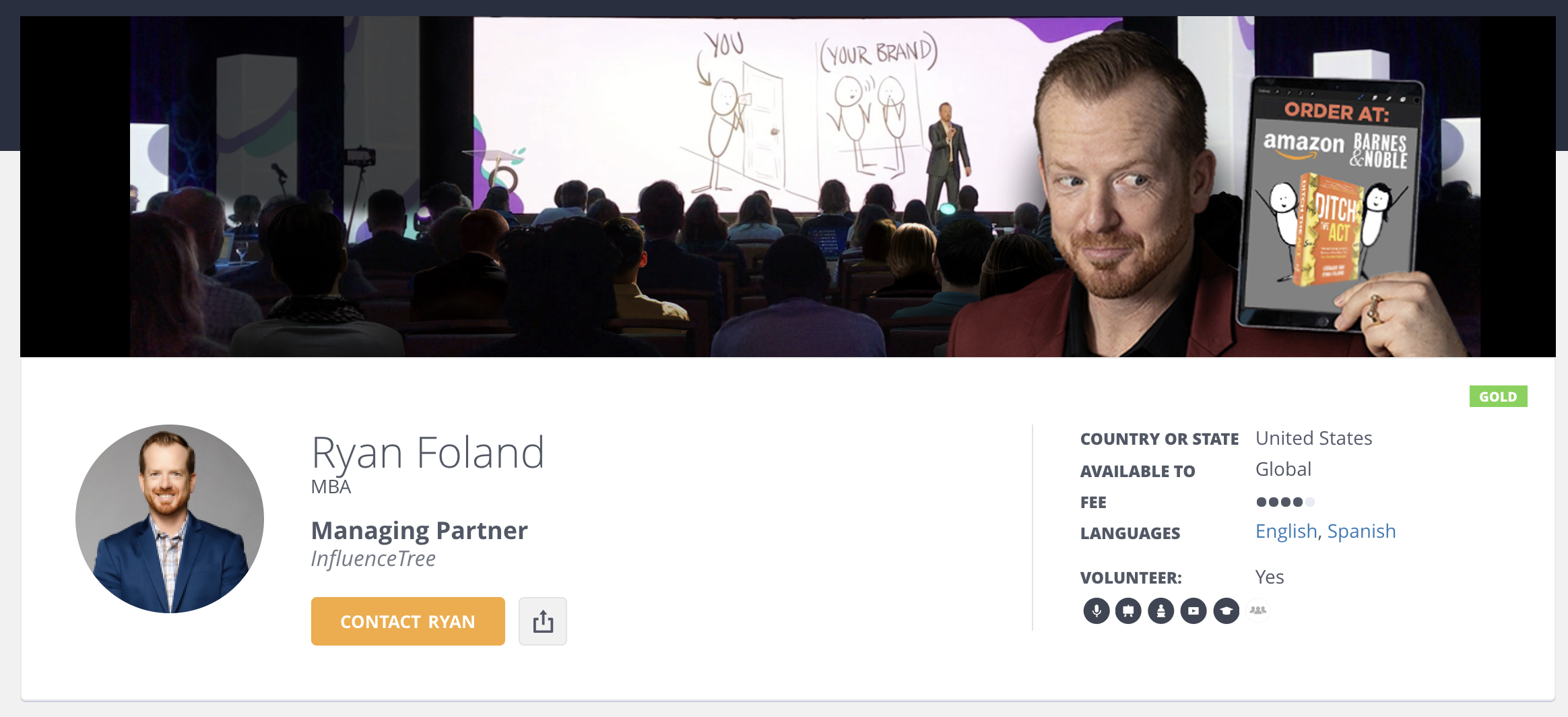
SpeakerHub connects speakers to events and offers free listings. They also share tons of useful tips to get speaking gigs, create professional presentations, and alerts for events that require speakers. Speaking at events is a great way to enhance your personal brand, connect with people from similar industries, grow your network, and build a phenomenal personal brand. If you want to learn more about how you can use speaking as a way to gain more clients, or if you are curious what it takes to start your own speaking business, you might enjoy my World of Speakers Podcast, which is sponsored by SpeakerHub. On the podcast, I interview professional speakers from around the world, and they share their secrets to success.
5. Canva
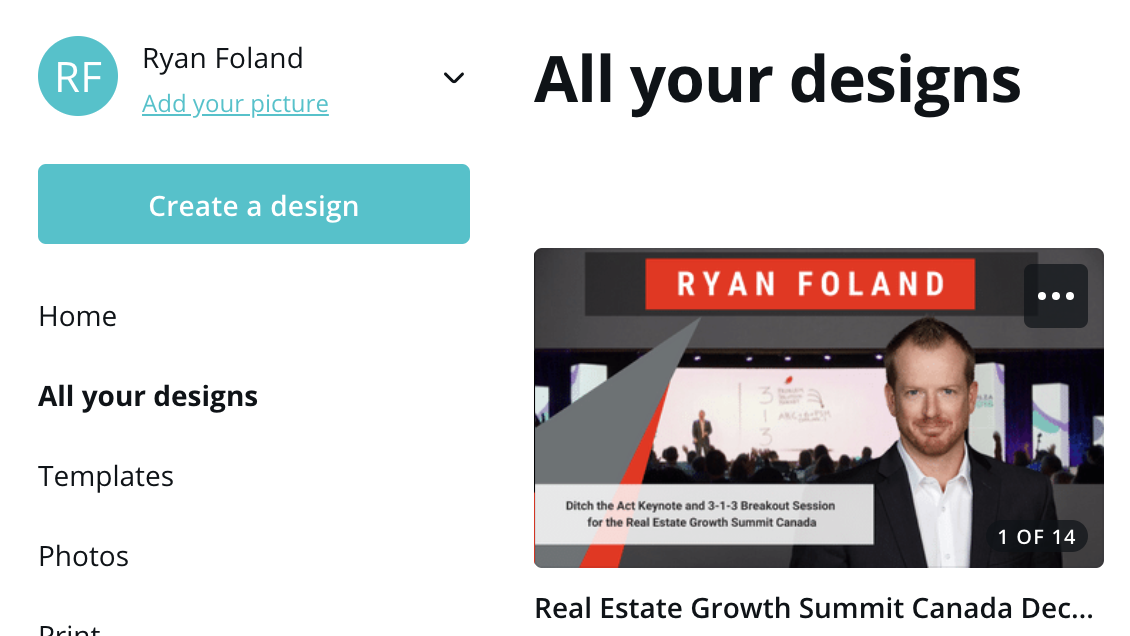 Not all of us have brilliant design skills and understand what colors and gradients work where. Canva helps you tell your story visually. It has readymade templates that you can simply select and use. My suggestion is to pick 2-3 templates you like best and make them yours by adding your colors and brand elements to it to keep your visual messaging consistent. Not only is it good for making social-media-friendly designs, but I also use it to make keynote proposals for keynotes at national meetings and regional conferences.
Not all of us have brilliant design skills and understand what colors and gradients work where. Canva helps you tell your story visually. It has readymade templates that you can simply select and use. My suggestion is to pick 2-3 templates you like best and make them yours by adding your colors and brand elements to it to keep your visual messaging consistent. Not only is it good for making social-media-friendly designs, but I also use it to make keynote proposals for keynotes at national meetings and regional conferences.
6. Quora
 People are looking for their questions to be answered online. That is why it is important to be in the answer business. Quora is a Question/Answer forum where you can go all out to become a thought leader in your industry, by simply sharing your own personal experience and opinions around a variety of topics. The platform thrives on well-written, long-form content. The best benefit is that you get to know the exact questions that people are asking about the very topic or industry you’re interested in. There is nothing more telling about your audience and their needs than a question.
People are looking for their questions to be answered online. That is why it is important to be in the answer business. Quora is a Question/Answer forum where you can go all out to become a thought leader in your industry, by simply sharing your own personal experience and opinions around a variety of topics. The platform thrives on well-written, long-form content. The best benefit is that you get to know the exact questions that people are asking about the very topic or industry you’re interested in. There is nothing more telling about your audience and their needs than a question.
7. Buffer
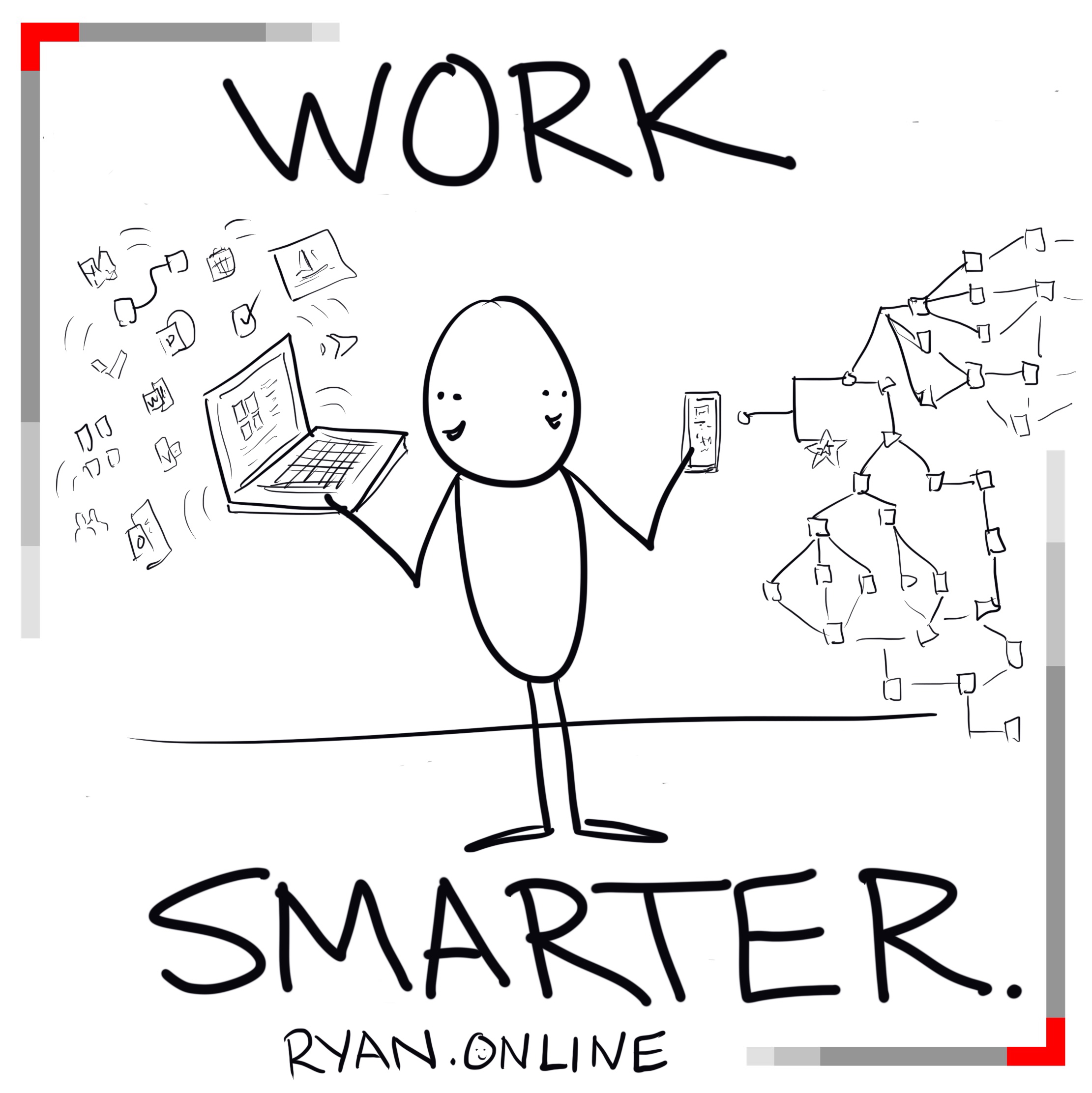 Social media will be a key aspect of your personal branding process. Amongst all the social media scheduling tools, I have found Buffer to be one of the most easy-to-use interfaces. It’s a brilliant time-saving tool that allows you to update all your social channels with one click. Apart from social scheduling, Buffer also helps with content suggestions in topics such as startup, business, marketing, and more.
Social media will be a key aspect of your personal branding process. Amongst all the social media scheduling tools, I have found Buffer to be one of the most easy-to-use interfaces. It’s a brilliant time-saving tool that allows you to update all your social channels with one click. Apart from social scheduling, Buffer also helps with content suggestions in topics such as startup, business, marketing, and more.
8. SubjectLine
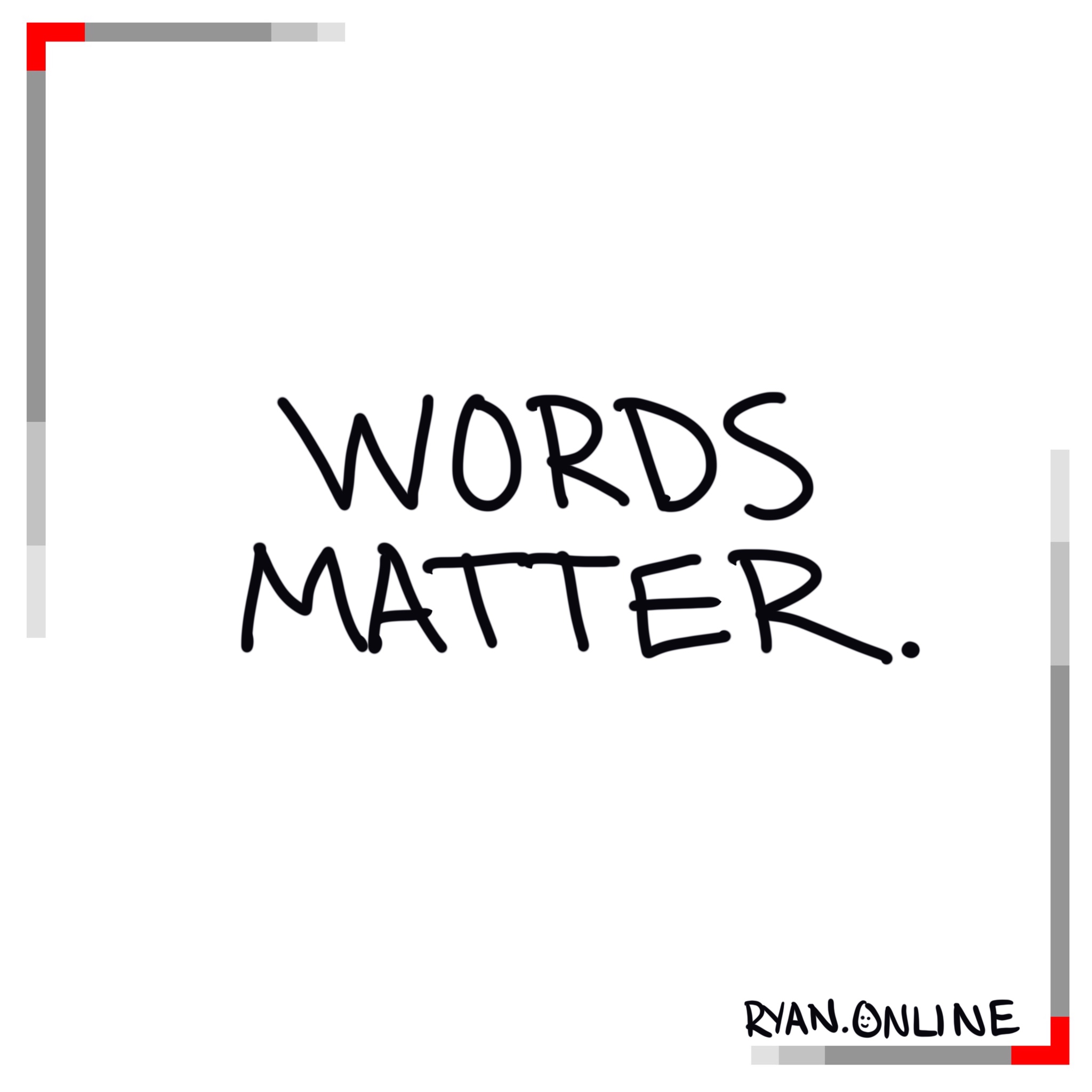 Let’s face it: words matter, especially the words you choose for your content headlines. The headline of your content can either drive immense traffic or leave you with the sound of crickets. SubjectLine gives you a score out of 100 for your headline along with useful tips on what’s good and what can be worked on.
Let’s face it: words matter, especially the words you choose for your content headlines. The headline of your content can either drive immense traffic or leave you with the sound of crickets. SubjectLine gives you a score out of 100 for your headline along with useful tips on what’s good and what can be worked on.
Use it to check the headlines of your blog posts, your ads, your email subject lines, and even the content on your printed marketing material.
9. Google Alerts
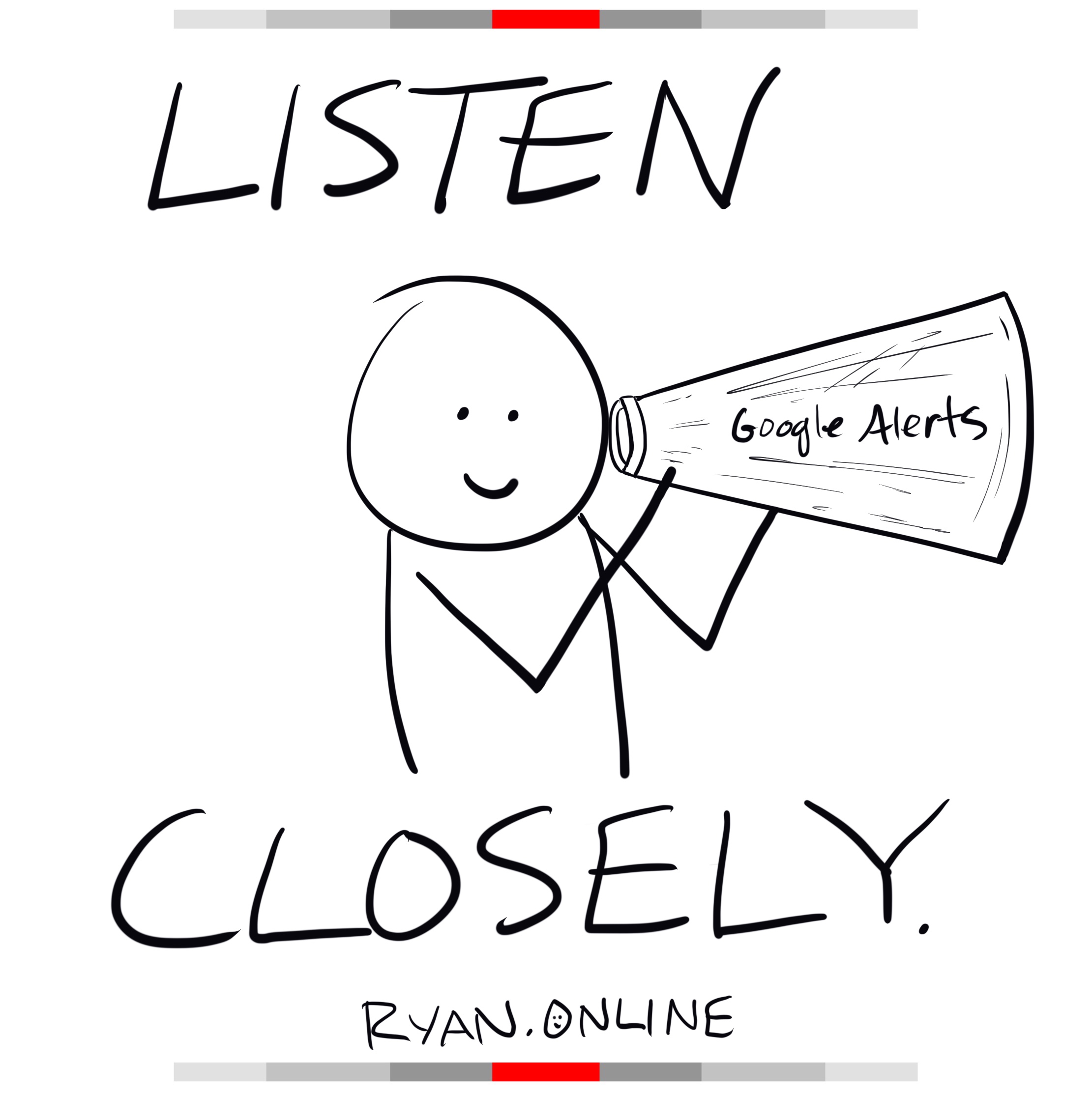 Get the latest topics and news relevant to your industry in your inbox for free. Set up a Google Alert to direct any and all articles posted online about the subjects you have chosen. Start by selecting a few topics that you’d like to stay updated on, set the frequency of how often would you like to receive these alerts and viola! You’re all set. And don’t forget to set up a Google Alert for your own name! That way, every time someone mentions you online, you will find out right away!
Get the latest topics and news relevant to your industry in your inbox for free. Set up a Google Alert to direct any and all articles posted online about the subjects you have chosen. Start by selecting a few topics that you’d like to stay updated on, set the frequency of how often would you like to receive these alerts and viola! You’re all set. And don’t forget to set up a Google Alert for your own name! That way, every time someone mentions you online, you will find out right away!
Set aside some time every week to go through these alerts and share the ones you think are relevant to your industry. When you regularly curate relevant content around your niche, it helps to build your brand as being someone who is an informed specialist worth listening to.
10. Meetup
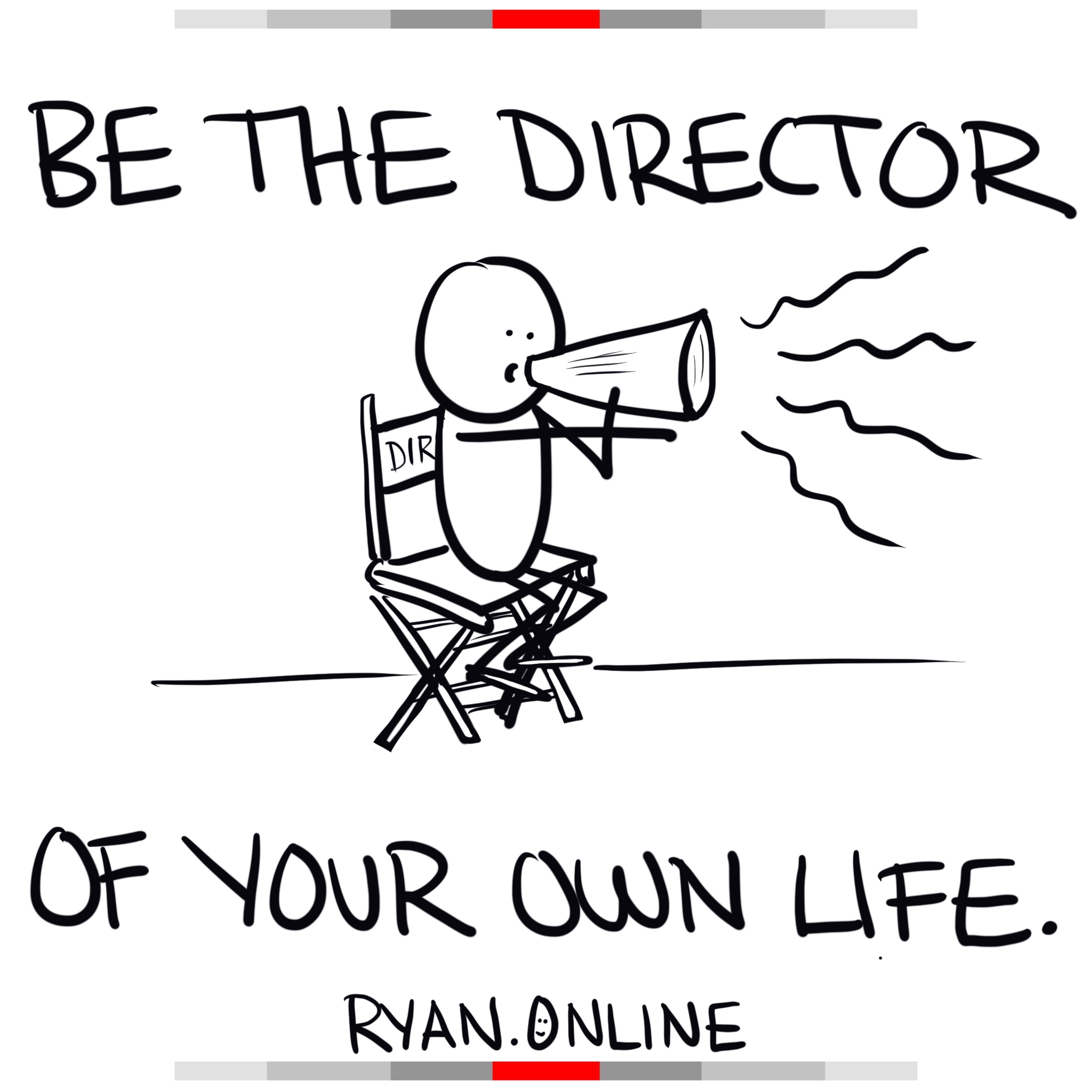 You can’t sit back and expect your brand to grow by itself. And if you are hiding behind your computer, you are missing out on real human connection. You should be the director of your own life, and part of that is networking with people in real life. Meetup lists interesting events in your area. It’s a wonderful tool to help you build your brand offline, by finding networking events to go to. You get a chance to attend community events where you meet new people, find new niche communities. You can even go ahead and organize your own meetup. If you are in Orange County and you are into startups, you should check out OC Tech Happy Hour.
You can’t sit back and expect your brand to grow by itself. And if you are hiding behind your computer, you are missing out on real human connection. You should be the director of your own life, and part of that is networking with people in real life. Meetup lists interesting events in your area. It’s a wonderful tool to help you build your brand offline, by finding networking events to go to. You get a chance to attend community events where you meet new people, find new niche communities. You can even go ahead and organize your own meetup. If you are in Orange County and you are into startups, you should check out OC Tech Happy Hour.
Conclusion
Building a personal brand is a long and continuous process. It is something that you will always be building, as it grows with your business and life experiences. Your brand evolves with you.
These tools help you tell your story in a way that resonates with your audience and helps create a strong connection. Do you have any tools, platforms, websites, or tips that have helped you build your brand? Share them in the comments below.
This is a Contributor Post. Opinions expressed here are opinions of the Contributor. Influencive does not endorse or review brands mentioned; does not and cannot investigate relationships with brands, products, and people mentioned and is up to the Contributor to disclose. Contributors, amongst other accounts and articles may be professional fee-based.

